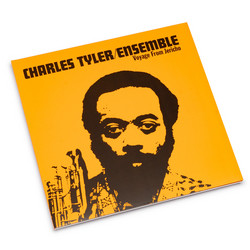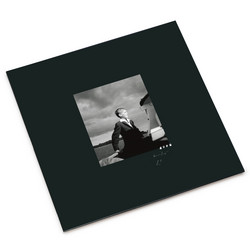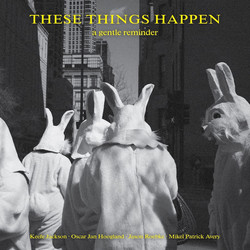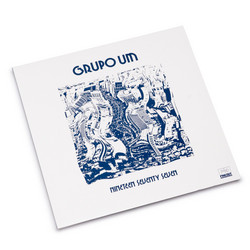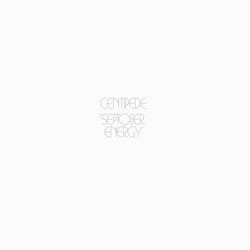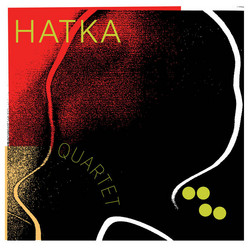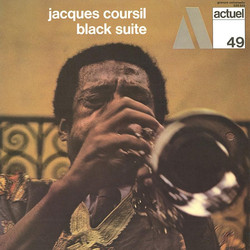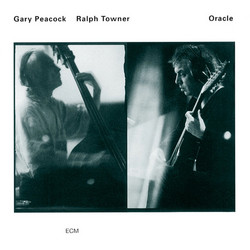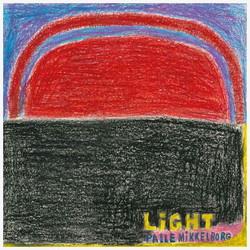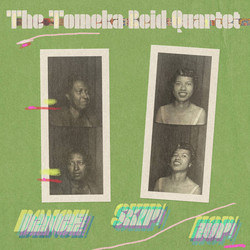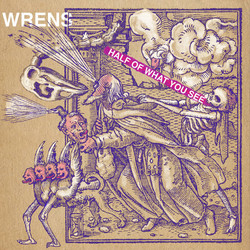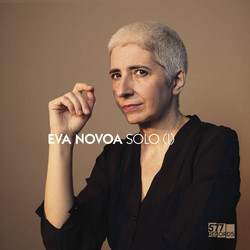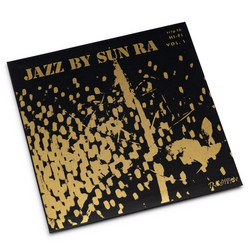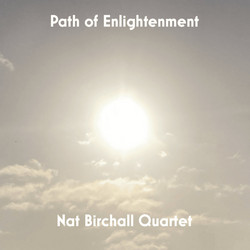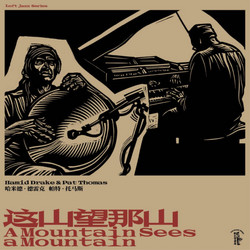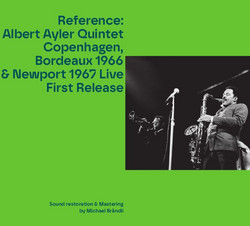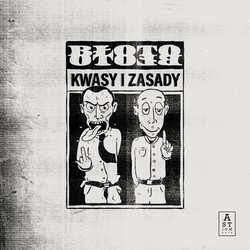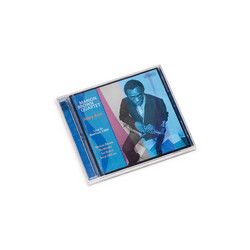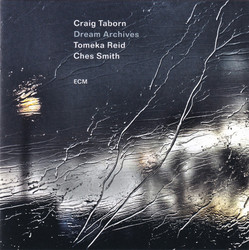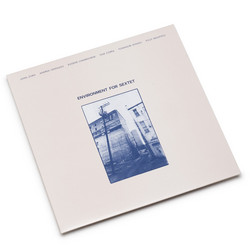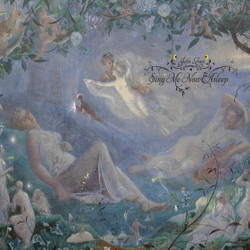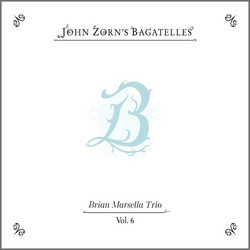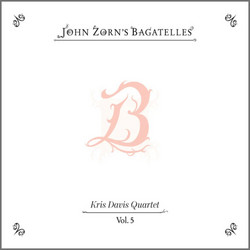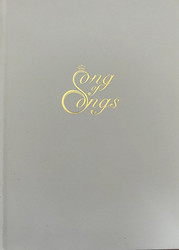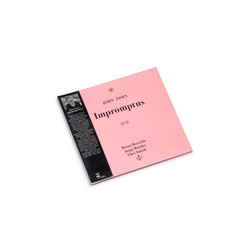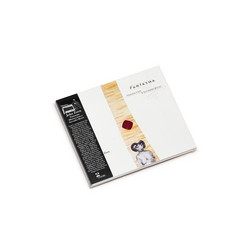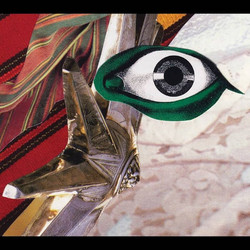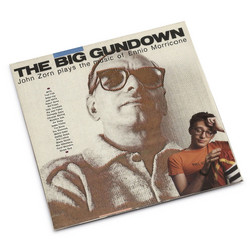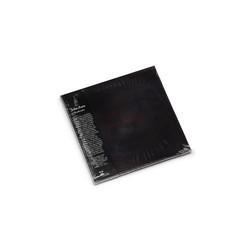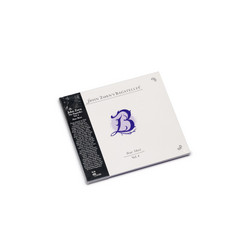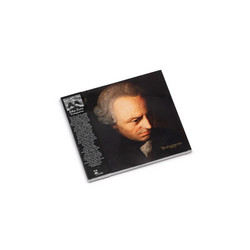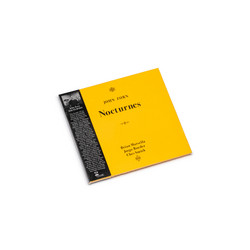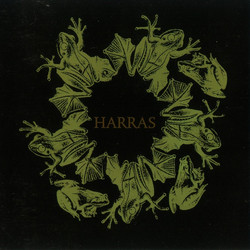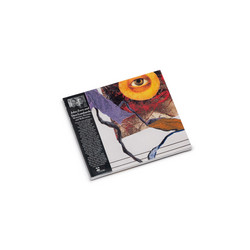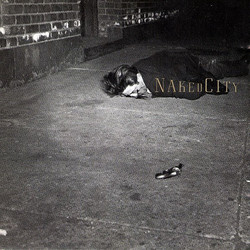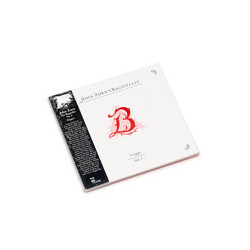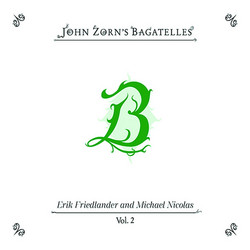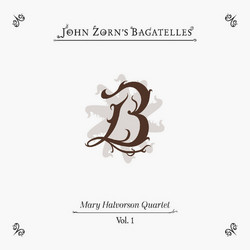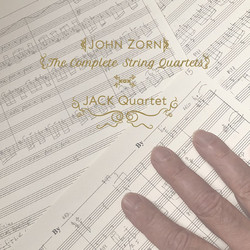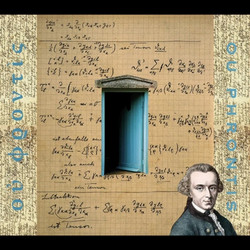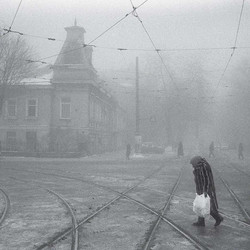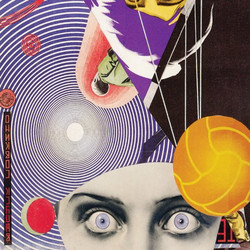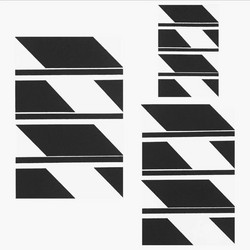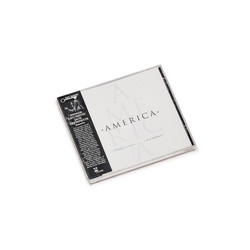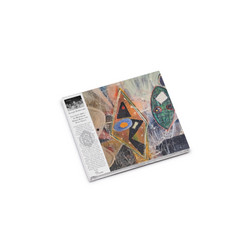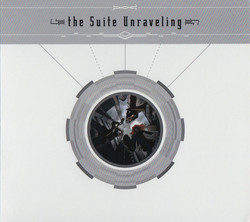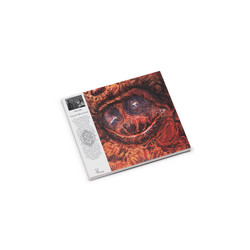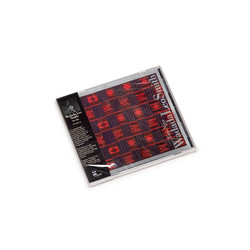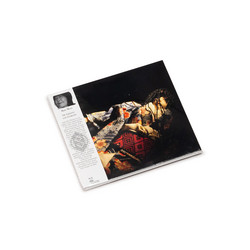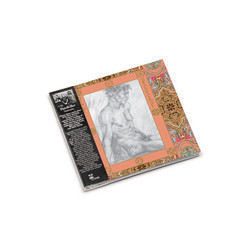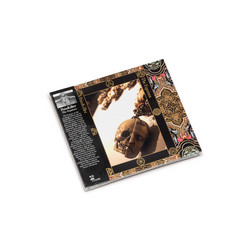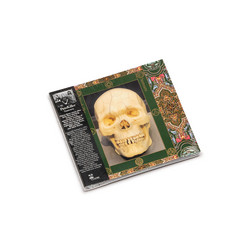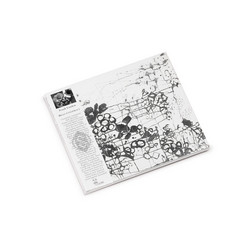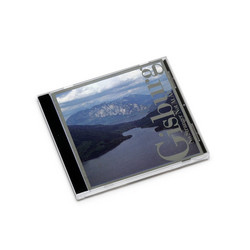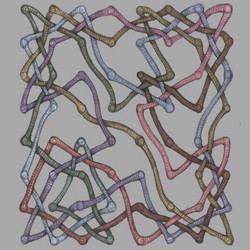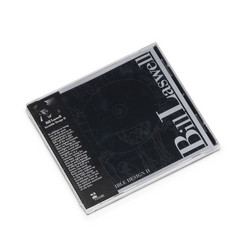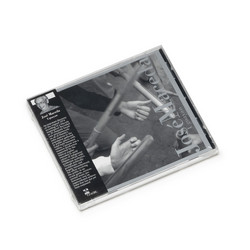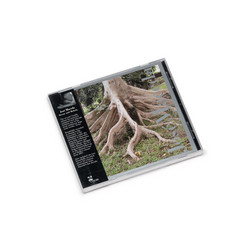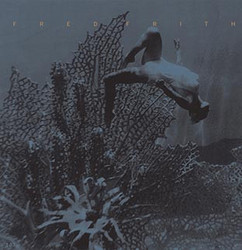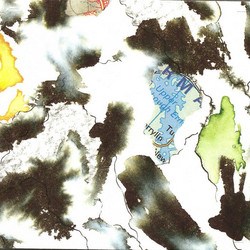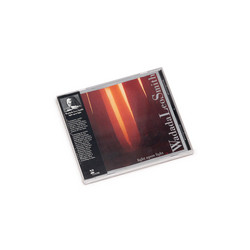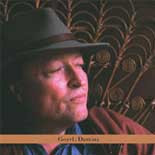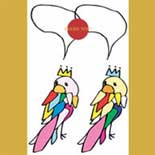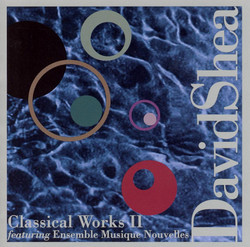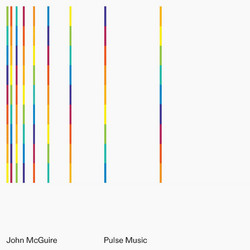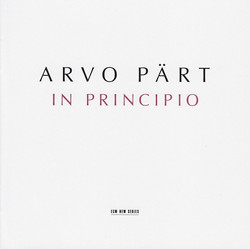John Zorn
Masada Anniversary Edition, Vol. 3: The Unknown Masada
*In process of stocking. 2022 stock.* In the early 90s, John Zorn surprised a lot of people, and considering that he was a composer known for sudden, drastic stylistic shifts and pummeling noise-improv, it was a notable accomplishment. However, rather than shock his audience with sonic terror, Zorn took an alternate route: he grew up. His original Masada Quartet was a markedly different project than he had ever been involved with before: although he'd recorded straight jazz sessions (News for Lulu, parts of The Big Gundown and Spillane), and investigated the possibilities of Ornette Coleman's classic small group methods in a modern setting (Spy Vs. Spy), he'd yet to really make his mark in jazz.
Furthermore, prior to a curious 1992 Naked City track on the Radio LP, he'd never really hinted at any relationship with Jewish music or heritage. Masada was his mature statement in jazz, and his own spiritual signature-- rather than introduce complex, pre-determined compositional and improvisational structures, his new band simply played. The heads were short, often elegant; the solos cutting and fresh; the band performed as if they'd been together for decades, yet always on the edge of chaos. And like all the great jazz units, they were even better live than on record. Arguably, Masada was (and is) Zorn's crowning achievement as a musician.
So, here we are, ten years later, and not much has changed. Zorn has released a number of accomplished modern classical pieces, as well as revisiting many of the areas (thrash, exotica) he'd been involved with prior to Masada, but nevertheless, since the quartet's inception, Masada has been his dominant voice. In addition to ten studio records by the band (on Japanese label DIW), his label (Tzadik, Hebrew for a "righteous one"-- and oddly enough, also having the double meaning of "chaos") has presented live recordings, larger ensemble performances of the Masada material, as well as housing a considerable collection of music from a "Radical Jewish Culture" of modern composers. Obviously, you don't have to be Jewish to enjoy this stuff, though it's clear that if you've grown weary of Zorn's MO over the last decade, you'd best sit tight: it isn't going anywhere.
To the composer's credit, he has allowed the Masada repertoire room to breathe. As excellent as the band (also featuring Dave Douglas, Greg Cohen and Joey Baron) was, sets like Bar Kokhba and The Circle Maker did wonders to keep their concept fresh. Those releases introduced new players and arrangements of songs that sounded familiar even if you'd never heard them (one criticism I have of Masada is that due to the immediately recognizable Hebrew harmonic modes Zorn uses, sometimes the music can suffer from a little sameness). To celebrate the tenth anniversary of the band, he's following up on that idea with the Masada Guitars and Voices in the Wilderness CDs from earlier this year. The Unknown Masada is the third in this anniversary series, and features twelve different ensembles performing Zorn's pieces (all previously unreleased) in their own arrangements. Like the previous two, and indeed pretty much all the other Masada-related albums, the performances make all the difference.
The funny thing about this CD is that, despite its appeal to anyone who might be curious to hear different takes on the Masada sound, the bands that invariably turn in the most interesting tracks are the ones that already have a lengthy back-history playing the stuff. Most obvious is the fantastic "Vehuel", arranged by trumpeter Douglas, and featuring Zorn and Cohen from the original Masada, in addition to Greg Tardy (tenor sax) and powerhouse drummer Ben Perowsky. This group performs the exotica-laden jungle-boat shuffle with force and zeal, sounding like a mini-big band. Tardy and Douglas in particular knock out fantastic, high-energy solos, and the piece points to a possible new avenue for this music with larger jazz groups. Likewise, cellist Erik Friedlander (featured on several Masada releases) leads his Topaz project in a sharp, concise reading of "Kinyan". The quartet cuts the odd-meter, angular head to shreds, and Friedlander's graceful, but kinetic solo betrays his mastery of this music.
Other performances, like Jamie Saft's raga-trance reading of "Zarach", or Fantomas' "Zemaraim" sound nothing at all like any Masada tune heretofore. Saft's arrangement in particular seems almost from another scene altogether: despite making his name as one of the pre-eminent jazz organ players in downtown New York, Saft's arrangement is heavy on metal guitar and sludgy, repetitive drums. It's almost as if The Melvins dropped vocals and became a communal trance-rock band, though Saft could have trimmed the length on this tune in order to sustain its impact. UK outfit Koby Israelite offers up "Herem", very reminiscent of the ethnic adventures on Mr. Bungle's California, and though the trumpet solo doesn't quite work over thrash guitar it's certainly an interesting idea-- as is Tatsuya Yoshida's (Ruins) noble attempt at making one-man brutal prog out of "Shofetim".
Julian Kytasty's solo bandura (a traditional Russian plucked-string instrument) performance of "Kadmut" lends the somber piece an epic, regal aura that suits its ancient, folkloric feel nicely. Likewise, female vocalist Zahava Seewald leads a small chamber ensemble through the gorgeous, practically romantic "Shagal"-- far from an avant-garde perspective, her performance sounds of pure Sephardic folk.
Not every piece on The Unknown Masada will go down as a classic: violinist Eyvind Kang's "Belimah" starts promisingly with a chorus of majestic strings, but dissolves into flat, Beatles-esque background music. Likewise, free-jazz legend Wadada Leo Smith and percussionist Ikue Mori look like a great pair on paper, but "Demai" comes out all electro-acoustic atmospherics and precious little to hang onto. Nevertheless, for the most part Zorn's music has yet again proved to withstand the test of time and interpretation. If Masada does indeed go down as his greatest moment, it will be in part because other musicians have run with his ideas and been able to make their own artistic marks with his music. In that sense, The Unknown Masada and the other anniversary series albums are as significant as any release in his canon. - Pitchfork
Third volume of the Masada 10th Anniversary Edition.
Recorded January-May 2003 Mastered at Hit Factory Mastering, NYC K2 Technology by JVC Disc America



